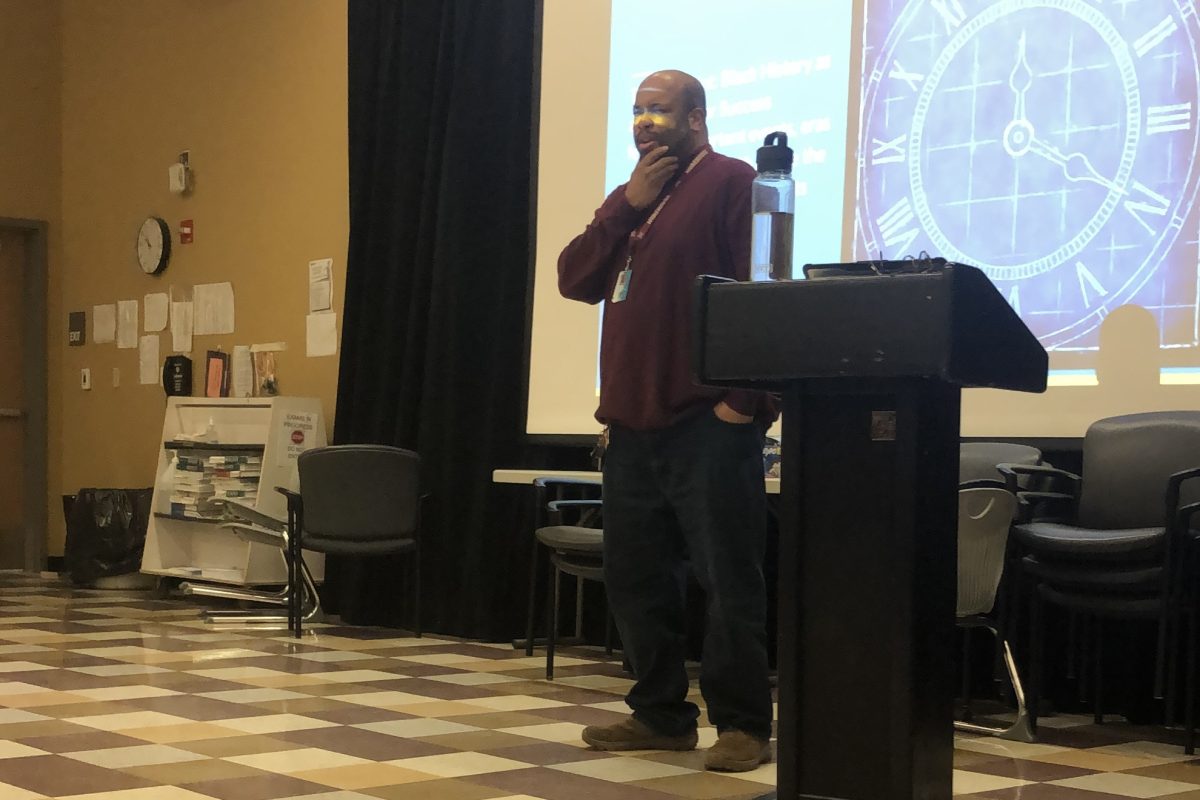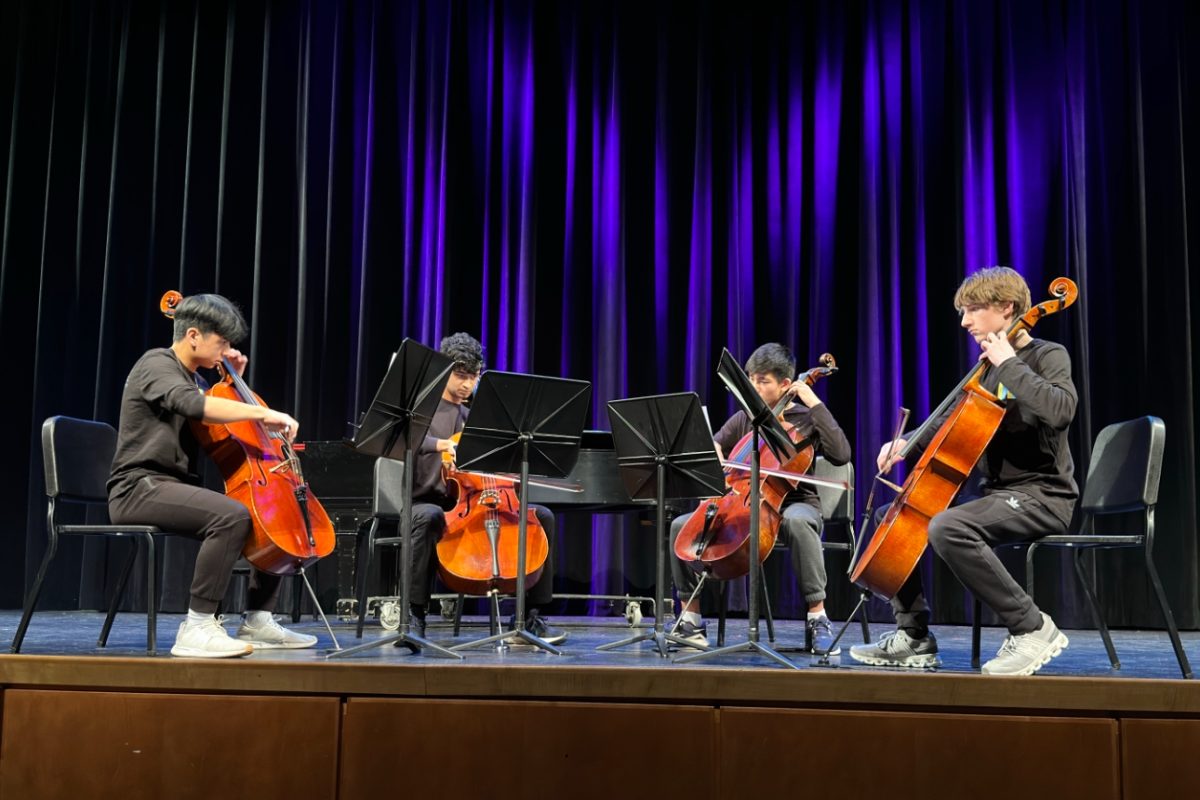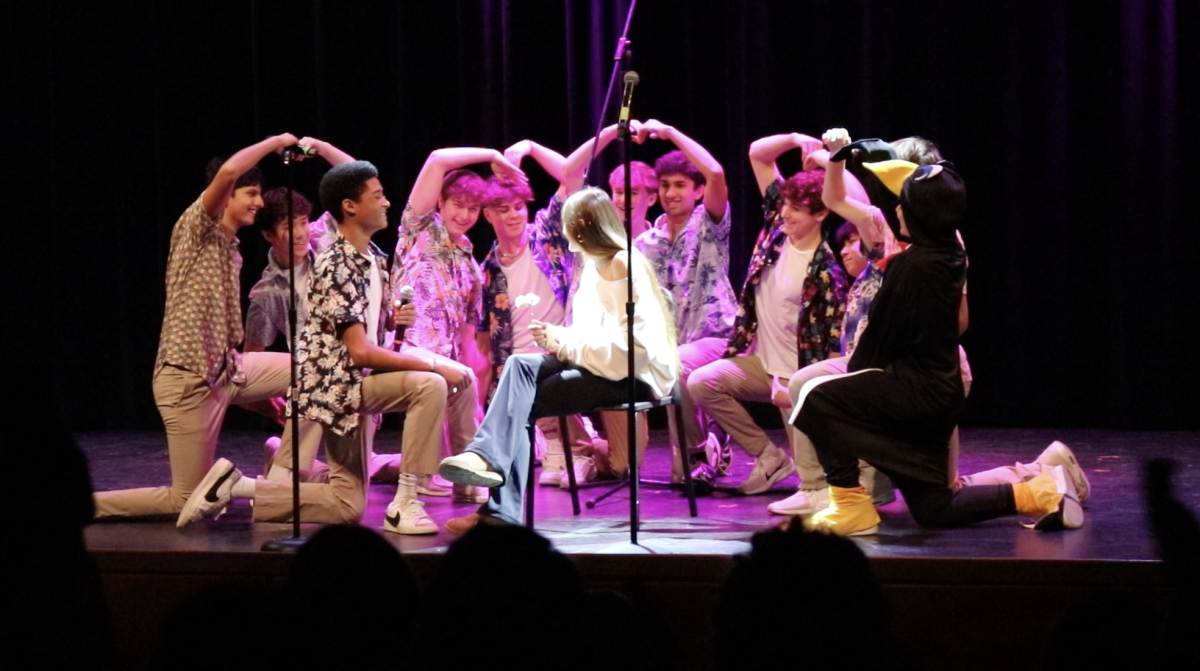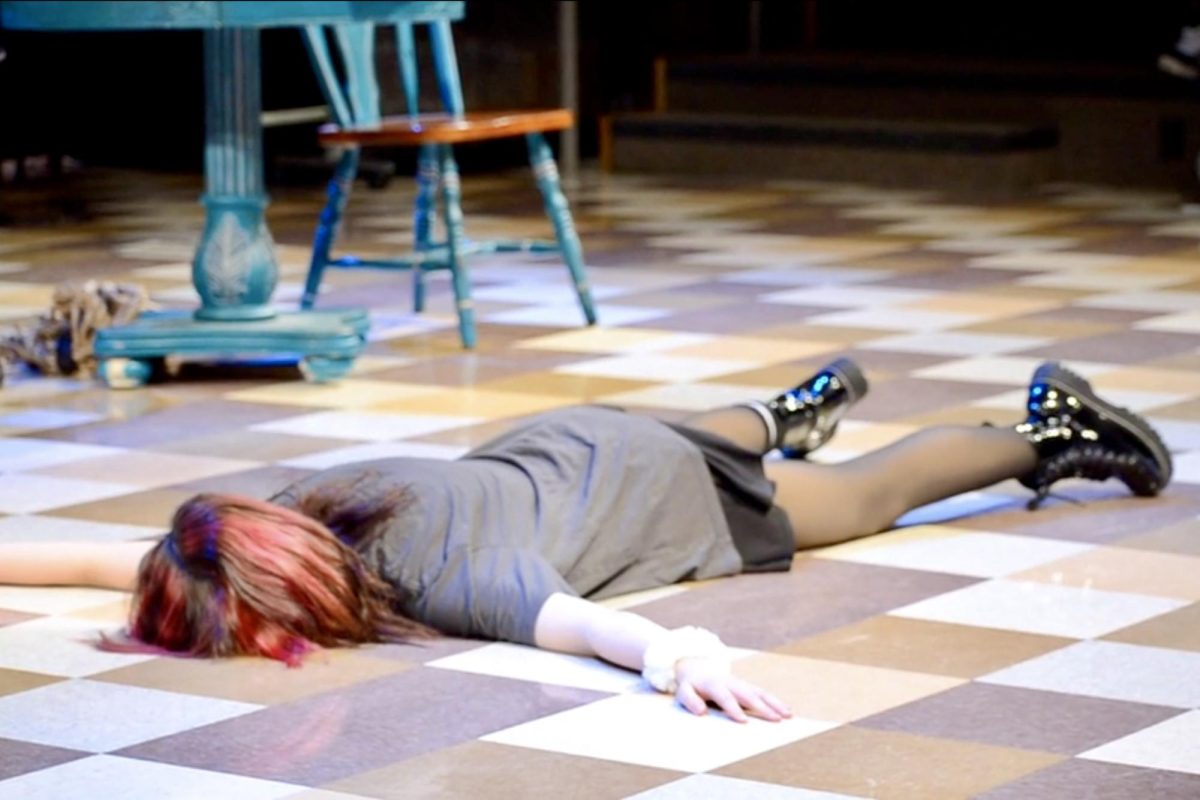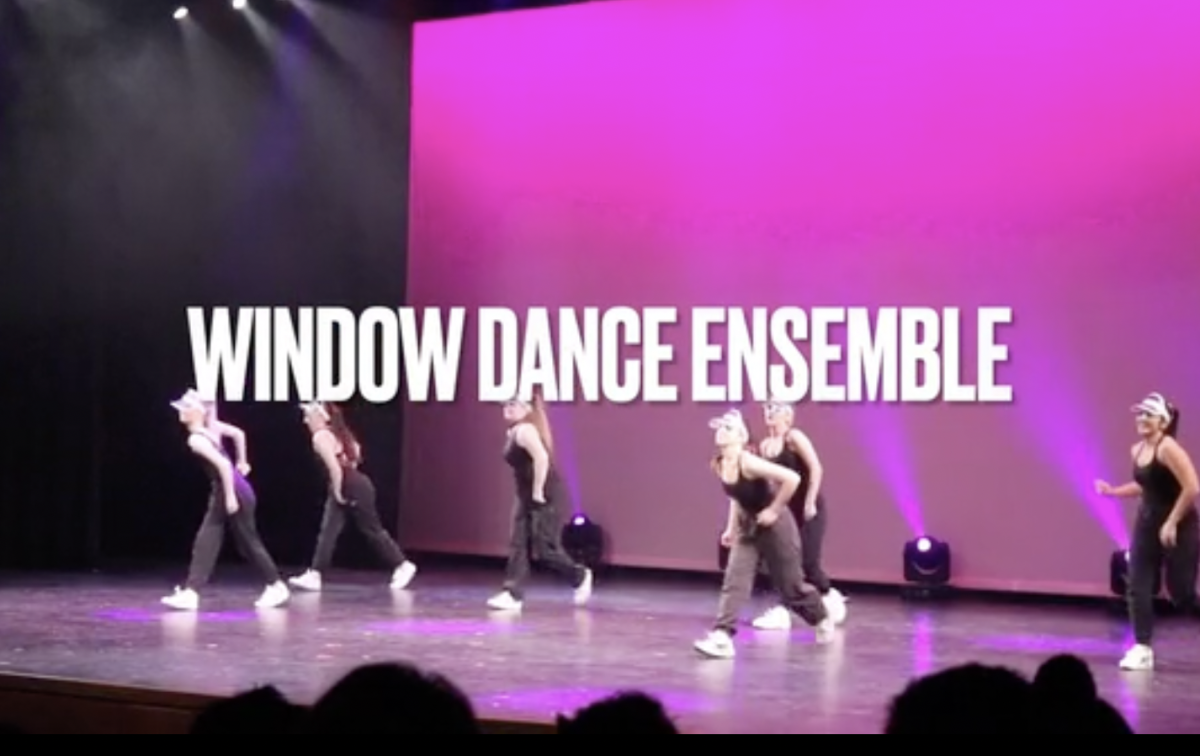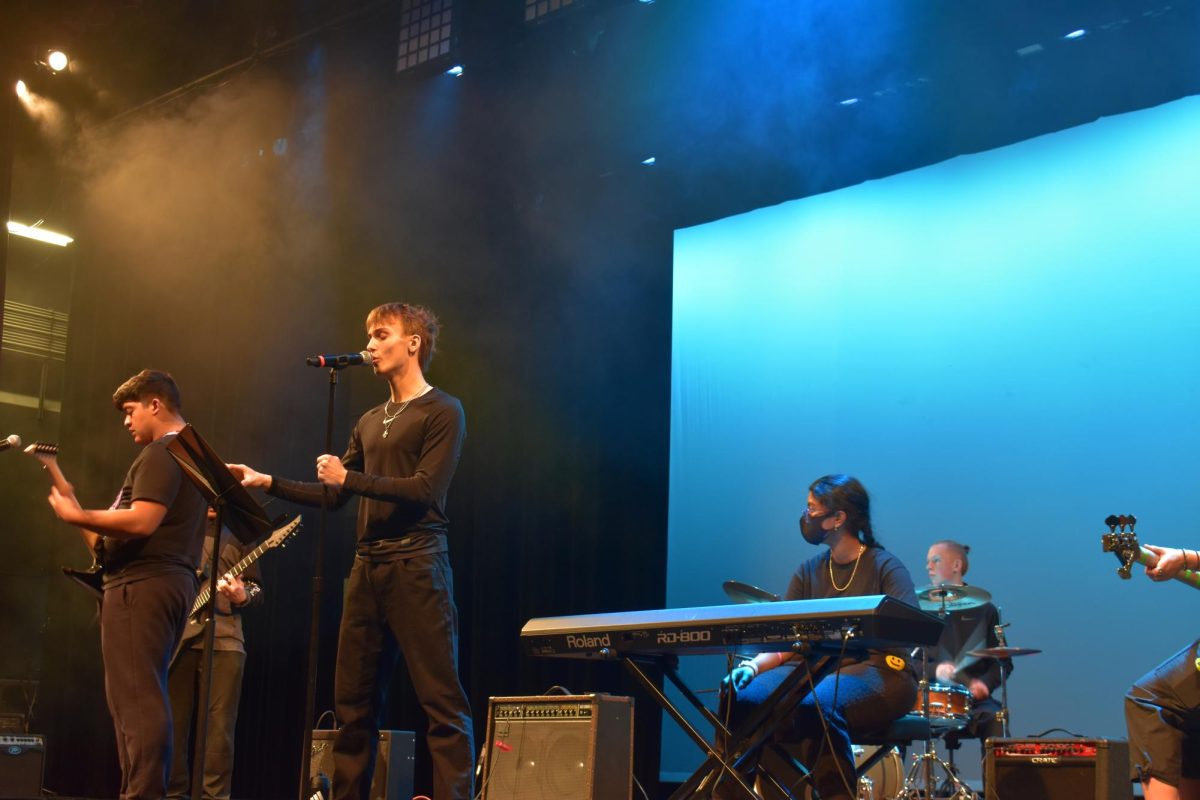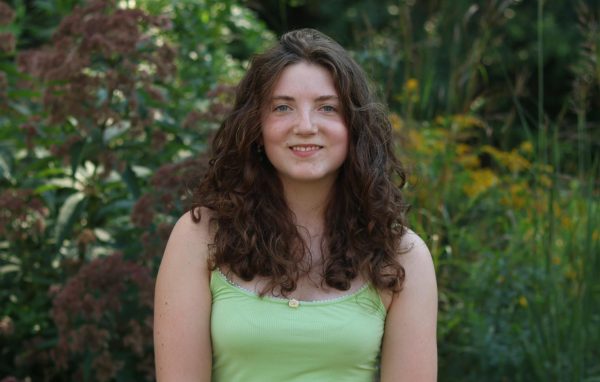This year, Winter Week festivities took place during the first week of February, and February is Black History Month. METCO coordinator Mark Liddell discussed the significance of this month through a slideshow titled “Black History Month: The blueprint” in the Lecture Hall on Friday, Feb. 2.
The presentation explored Black history beyond just standard school curriculum. With his slideshow, Liddell aimed to remind students that Black history is not defined by oppression. He wanted to teach students interesting historical facts about Black History Month and give them a chance to be open-minded about things Liddell believes took too long to emerge in his own education.
“I’ve been in love with Black history for at least 35 years,” Liddell said. “When I became an adult and went to college, I learned about many things that I had not been taught in school. I thought it’s important to be the kind of person who conveys or relays information to young people.”
While presenting, Liddell explained that the subject of Black history has thousands of years worth of rich material and information. He acknowledged that not all of it could fit into every curriculum, but with his slideshow, he hoped to give students a taste of that history and, with the class he teaches, Cultural Identity Group Seminar, an even more in depth look. He also believes that there are steps to be made in classrooms to increase students’ knowledge of the subject.
“Part of the problem is that education schools don’t often give teachers the information [and] the content they need to teach [Black history] and I really can’t blame people for not knowing it,” Liddell said. “It starts with [early education] schools first, changing standards across the state next and then having teachers implement the history in the classroom.”
Liddell hopes that after this presentation, students will be inspired to learn more about Black history. Since the information is not necessarily accessible in standard classroom curriculums, he hopes people will delve deeper into the history and try to learn more.
“I hope that [students] had an eye opening experience and they realized, ‘oh, there’s so much we didn’t learn in our classes and I’m curious about learning more,’” Liddell said. “Maybe they will ply into books or websites or museums to figure out more about Black history and, for that matter, about histories other than Black history that are not covered [because they are] marginalized groups.”
Some of the history Liddell shared in his presentation was completely new to some students.
“I learned a lot and thought it was really interesting to hear about these stories which, some of them, I had never heard before,” Junior Zoe Roi said.
Liddell encouraged students to expand the way they think about Black history, which he attempted in his presentation.
“[Recontextualizing historical events] starts with having a critical eye,” Liddell said. “I think more often than not, I think we’re taught to kind of be lemmings, in some cases parrot, what someone else has said and what an influencer might have said, but we’ve got to develop critical thinking skills without doing that. Its very difficult to parse out what’s true and what’s not and figure out what’s valuable and what’s not.”
Spanish teacher Jill Swenson attended the presentation where she enjoyed making new connections and learning about Black history.
“The words that we choose and how we use them really tell us about people’s attitudes about what’s going on in their culture at the time,” Swenson said. “You can tell the way language and itself evolves, you can follow the trajectory of how people have moved around the world.”
To see more Winter Week 2024 content, click here.





![Last Wednesday, the Wayland School Committee gathered to discuss a number of topics regarding the health curriculum and Innovation Career Pathway course. Another large topic of conversation was the ways to potentially mitigate distracting cell phone usage. "These [phones] are going to distract your learning and social relationships," Superintendent David Fleishman said. "That's concrete right there."](https://waylandstudentpress.com/wp-content/uploads/2025/06/Screenshot-2025-06-04-at-9.49.31 PM-1200x886.png)























